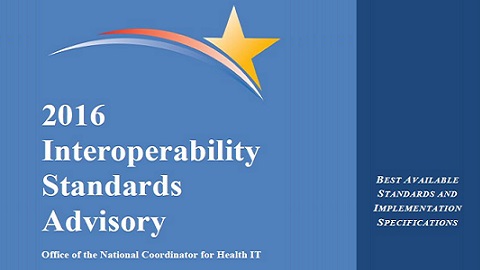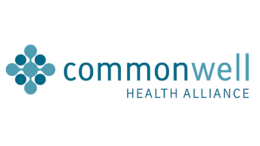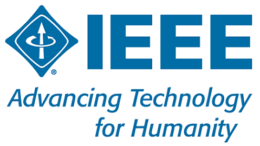The ONC 2016 Standards Advisory
By John Halamka MD – ONC recently released the 2016 Standards Advisory. I think this document is more important than Meaningful Use or Certification in accelerating interoperability. Why? Many view Meaningful Use as no longer aligned with the work we need to do for population health, care management, and alternative payment models.
Read More








